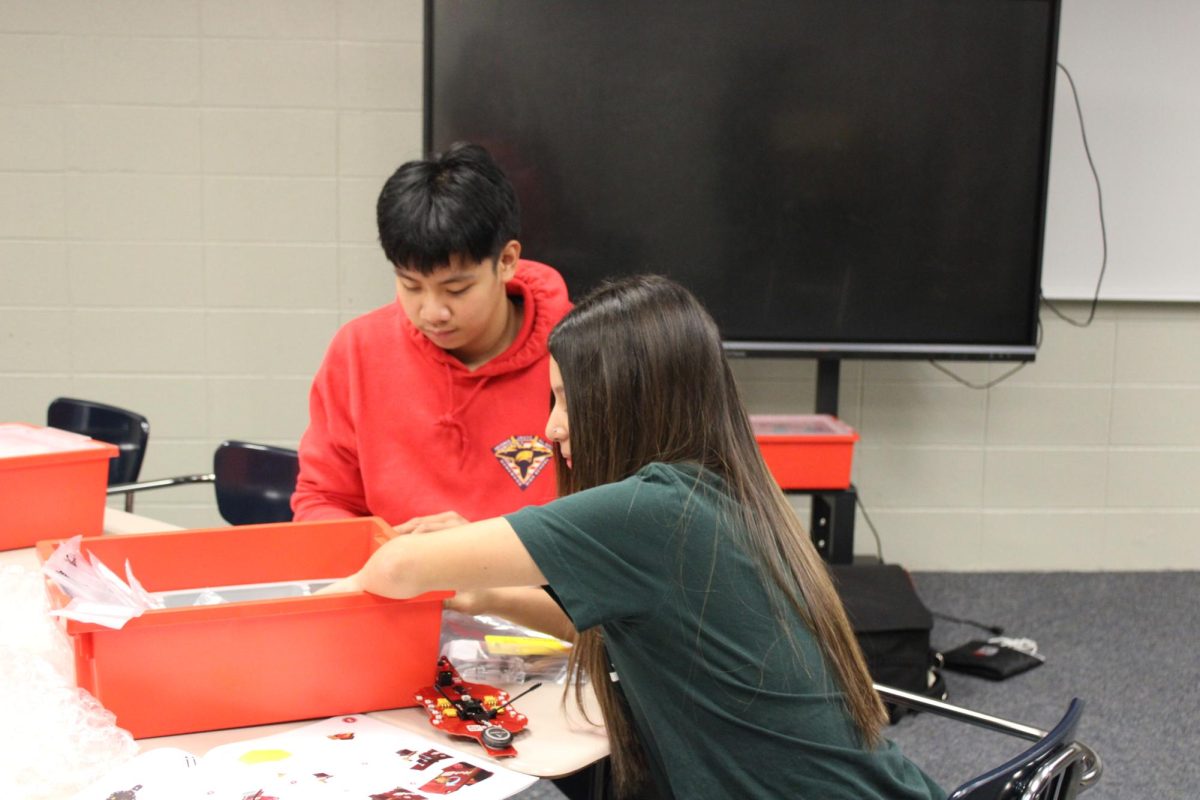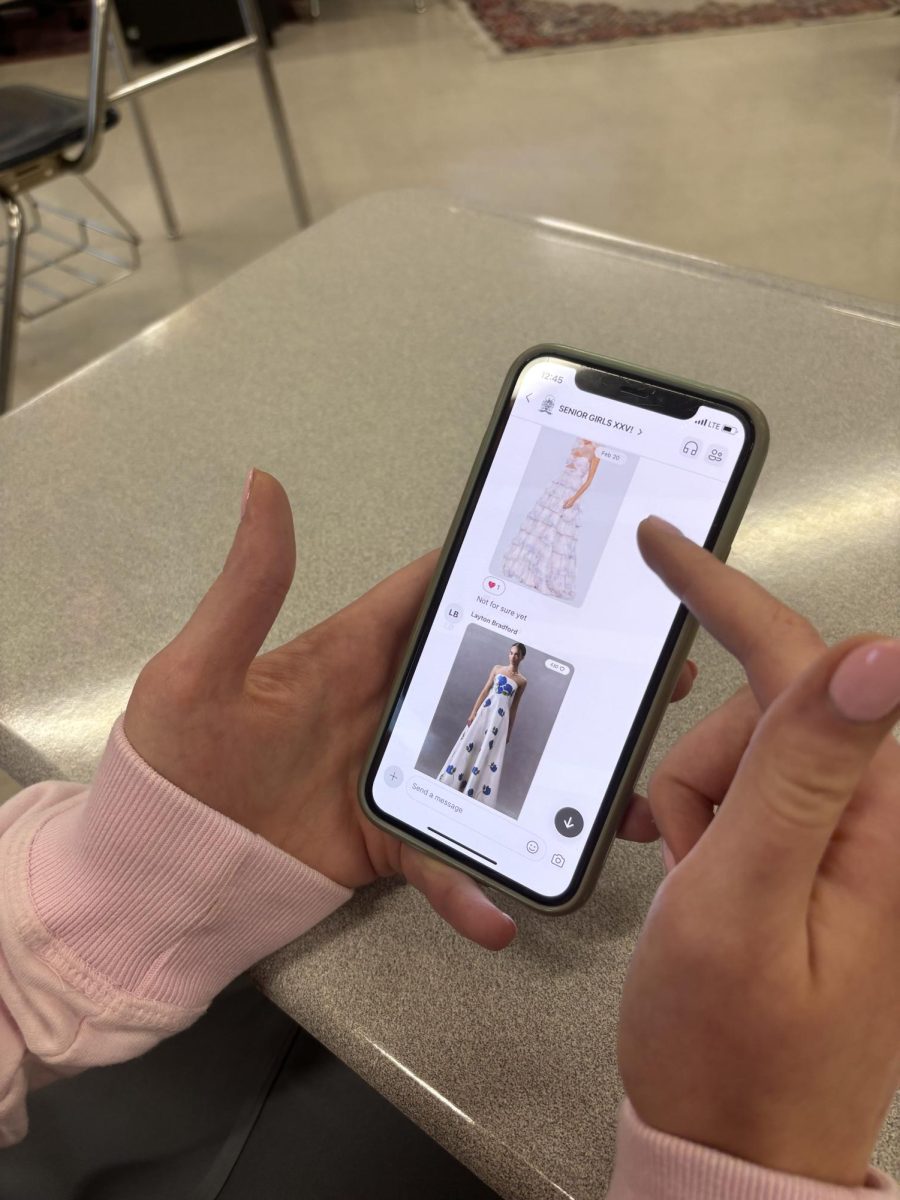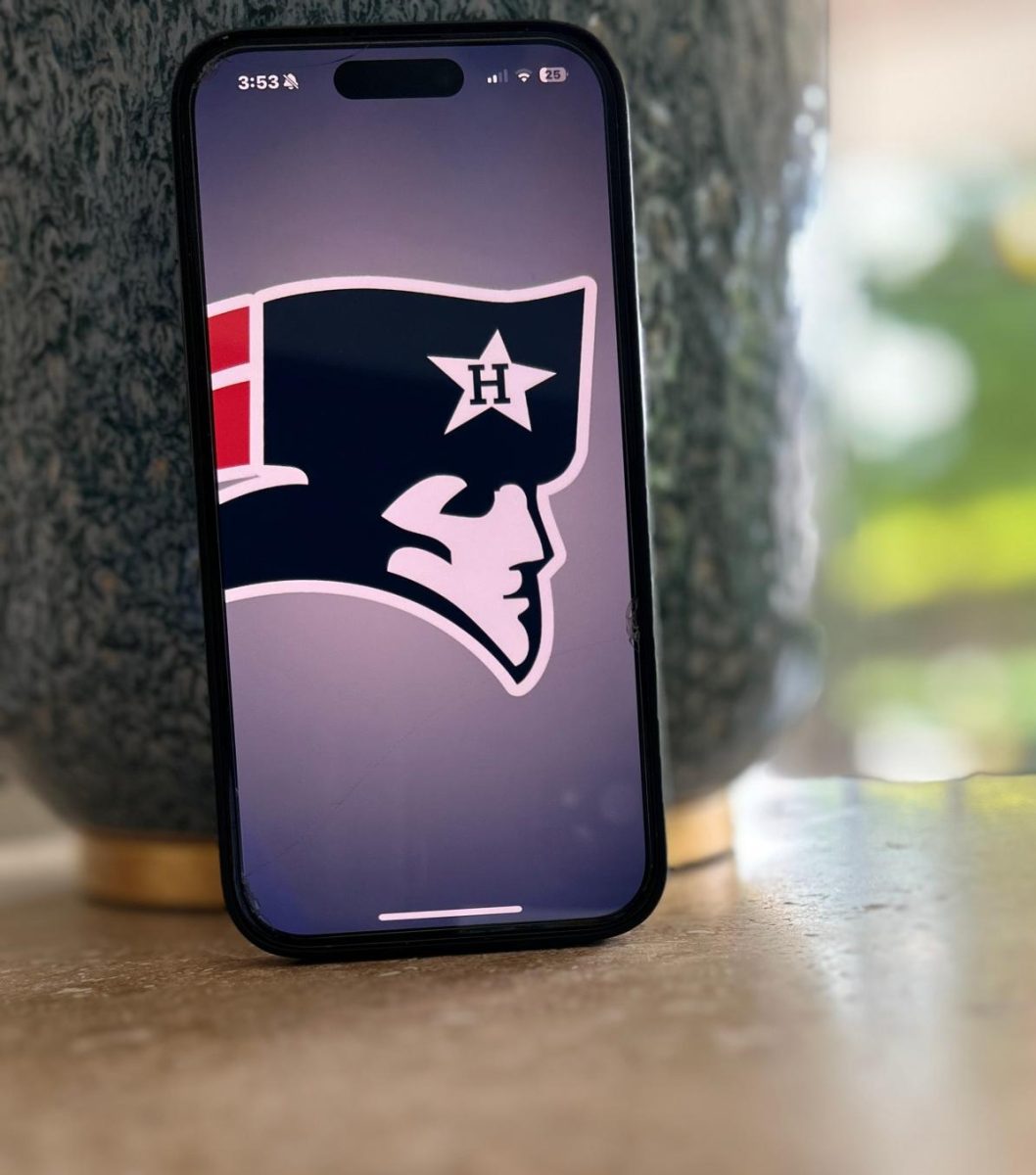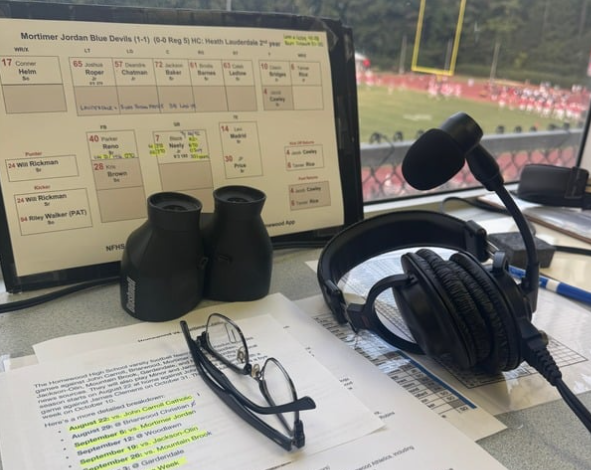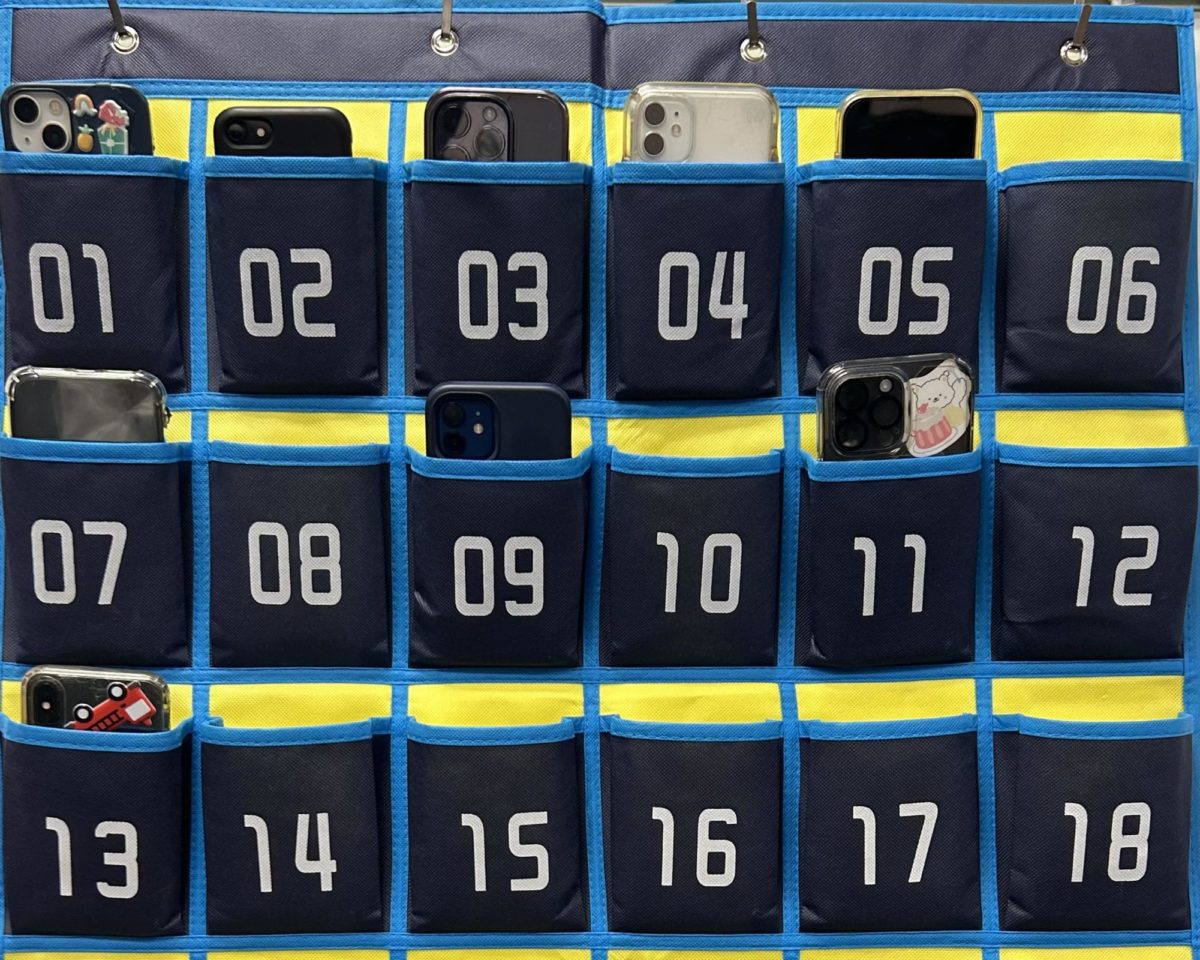Phones’ impact on mental health and productivity has become a universal topic of debate in the past decade. This past summer, the United Nations Educational, Scientific and Cultural Organization conducted a study on the negative effects of cell phones in schools. Now, the United Nations is urging schools around the world to ban cell phones.
In Alabama, Montgomery’s middle and high schools are now requiring students to put their phones in locked bags at the beginning of the day, returning them once the school day ends.
However, HHS principal Dr. Joel Henneke doesn’t think a cell phone ban is reasonable in Homewood.
Henneke thinks that it’s more practical to have teachers maintain a classroom environment that is conducive to learning rather than having a school-wide rule on cell phones. He said that some days have lighter workloads than others and that if classes end, it’s up to teachers to decide if phones are allowed.
Following the study, the UN warns that “only technology that supports learning” is necessary in schools.
Having phones in the classroom proved to lower students’ cognitive capacity, hindered their ability to focus on the task at hand and resulted in lower test scores.
The BBC reports that psychologists at Rutgers University in New Jersey concluded that phones take students’ attention away from class and reduce their retention of information.
Several countries in Europe, including France, The United Kingdom and Spain have implemented a cell phone ban in schools and are seeing positive results.
UNESCO found that students who are generally higher-achieving weren’t drastically affected by the absence of phones. However, lower-achieving students saw a large increase in test scores following the ban.
HHS economics teacher, Megan Cole, has adjusted her classroom phone policy to create a learning environment free from the distraction of phones.
“My first several years I felt like my job was to teach and it was students’ responsibility to join me in that,” she said. “It was on them to make that choice, and they would see the consequences.”
Cole says she was having to ask students to put their phones away 10 times a class period, disrupting not only other students’ learning but her train of thought as well.
“I started doing my research and I just came to the conclusion that my number 1 job is to help students learn and master the content,” Cole said. “If we know that phone usage harms that then my job is to provide an environment where they can learn in the best way possible. So no phones.”
Her current policy is that phones must be in backpacks or left charging during class.
Henneke says it’s teachers’ responsibility to teach students when it’s appropriate to have phones out and when it’s time to lock in and learn.
“The truth is, the best thing you could do is leave it at home, leave it in your car, or just shut it off and put it in your backpack all day,” Henneke said.
He notes that nearly every time he sees a student in the hallway, they are walking looking down at their phone.
“They create algorithms to keep our eyes on it,” Henneke said.
He is concerned about the obsessive lure of social media having a presence within the walls of HHS.
Henneke says that even he is shocked by his weekly screen report. His goal is to reduce the hours each week.
“A common thing you hear people say is that phones are around so you have to teach people to live with them, but learning not to touch them is part of living with them,” Cole said.

